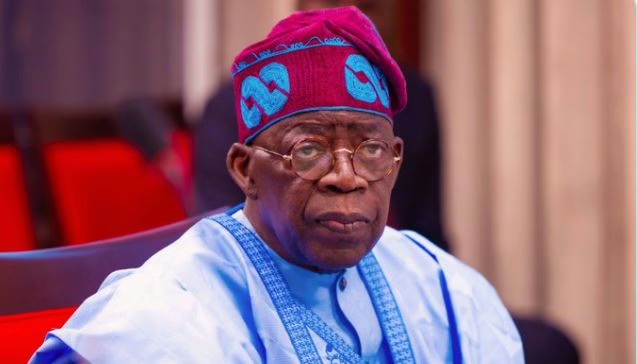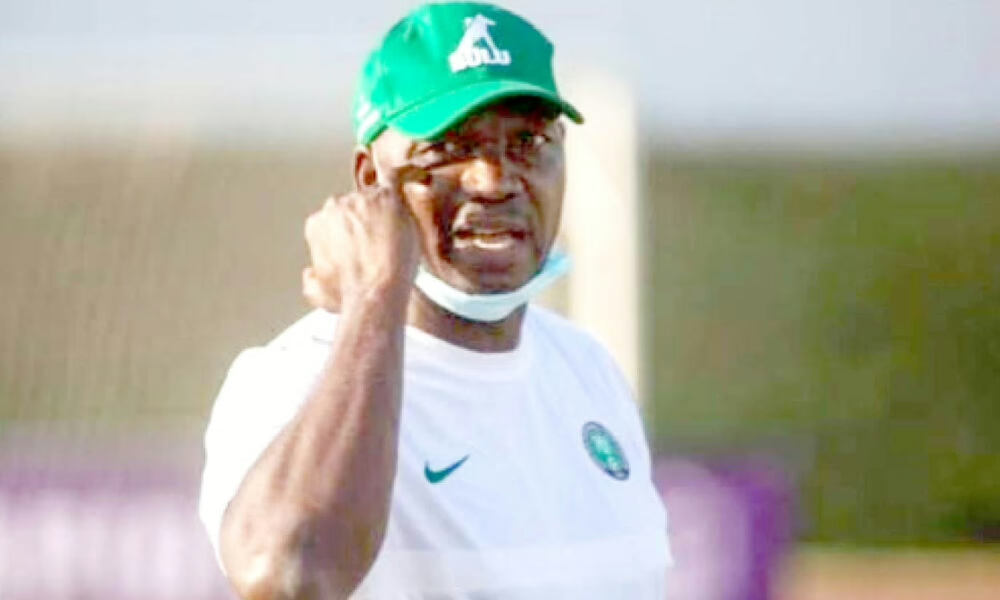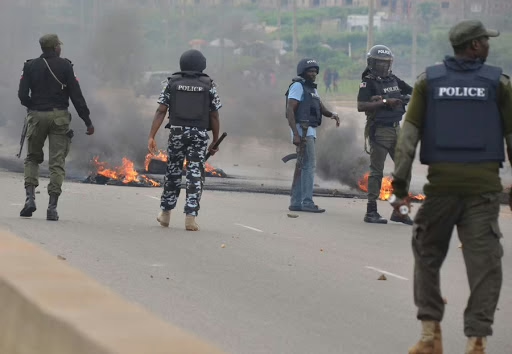On the unfortunate explosion that rocked Ibadan earlier this month, Governor Seyi Makinde has demonstrated an adeptness that is probably unequalled anywhere. Within 24 hours, he had announced that the explosion was due to the activities of “illegal miners.” Even though the declaration was relatively swift, it was not unthinkable if he had some facts or intelligence report at hand that allowed him to abridge the time necessary to make the pronouncement. Compared to the Ikeja Cantonment Armoury bomb blast that led many to stampede into the Oka Afa canal 22 years ago that we are still not clear on why the explosives ignited, this represents progress.
While awaiting further details on these illegal miners, the news reported that he had gone to the Federal Capital Territory to present a copy of the report of the incident to the President. In the photographic evidence of his trip, both he and the president held the sizeable report enclosed with cheap spiral binding and a blue plastic film on the cover between them while the latter smiled as if he was being offered a plaque. In less than a week after that incident, Makinde completed the report on the explosion! His taking the document to the president to present a physical copy suggests this was no preliminary report; it is meant for the archives. It can be taken for granted that what Makinde submitted was comprehensive enough and therefore final. In these demonstrations of hyper-efficiency, he manages to raise more questions than answers.
For instance, when he blamed the explosion on the activities of illegal miners, the impression he produced was criminality. When the Minister of Solid Minerals Development, Dele Alake, visited Ibadan, he lent further credence to the criminal status of the miners by reiterating an earlier assertion that some “powerful Nigerians” were behind extractive activities and associated violence.
When Makinde was featured in an interview on Channels Television, he also disclosed that the Corporate Affairs Commission certificate of a mining company indicted for the explosion revealed they were foreigners. He said, “We are trying to uncover the identities of the people. We’ve done a few fact-findings on the company involved and yes, there are indeed some foreign names on the CAC documents of the company involved but these are still early days. We don’t have to cover up anything.”
His statement on television contradicted his earlier assertion on “illegal miners.” Rather than a bunch of individuals from neighbouring countries who penetrate our national borders and exploit mineral resources, it turns out they were a duly registered business. And if they are a formally recognised company, their activities could not have been outside the purview of state regulations and regular surveillance.
Given that they are a legal entity, what exactly makes them “illegal miners” to Makinde? Having a “foreign name” is not enough to make your activities within a country illegal. By bringing that up, he merely whips up xenophobic sentiments. Their foreign status is largely irrelevant. The crime would not have been any less damaging if it had been caused by Nigerians or a Nigerian organisation.
So, is the alleged crime that this company carried out extractive activities in Oyo State without a licence, or they were a licensed entity that stored explosives inappropriately? Those two are entirely different kinds of crime.
Also, if you have the names of the people from official records, what other “identities” do you still need to uncover? I also briefly wondered if there were multiple companies involved, but Makinde never gave that indication either. He said they had identified “the company” that stored those explosive devices in “that building.”
Meanwhile, five days after saying on television that it was still too early to give the public details, he was in the president’s office submitting an official report. So, what changed that he suddenly had all the facts to share with the president? It is also curious that he went all the way to the FCT to give the president a copy of a report he has yet to share with the public. I do not understand—and this is not for lack of trying—why the president should be enlightened on the incident while the public is kept in the dark. The president was not directly affected by the explosion, and his receiving a copy of the report cannot be more urgent.
Makinde serves the mandate of the Oyo people, not that of Bola Tinubu. He owes it to the public to give a detailed account of the incidents.
Once he had a complete report, he should have addressed a press conference. Since he has their names and the official business, tell us who they are. Were they among the casualties or they escaped from the scene of their crime unhurt? If they are still alive, when are they going to be charged in court? Did they own the house they lived in or rented it? If the house was rented, was the landlord aware they were storing explosives in his house? Also, did they work alone or they had a ring of collaborators who can also be held accountable? If they are a registered organisation, do they still have their mining licence, or it has since been withdrawn?
You said you have the names of the people involved plus the registered name of their company, why are you still protecting their identity? Let the public know who they are, where else they have been operating, and how much the company is worth so that those affected can consider filing a class action suit against them. Who knows, the public might even have more details about their activities that might be useful in prosecuting them.
It is good that Makinde is going to sign an executive order to get mining companies to store their explosives with the military, but we should have some more details of who presently has an oversight responsibility and where they failed. If these miners stored explosives in a private residence, does that mean they do not have proper storage facilities? Which agency was responsible for conducting checks on mining companies to ensure they procure and handle explosives correctly? What is the role of security organisations—from the Department of State Services to the police—in ensuring that those who use such materials for their work treat them responsibly? If those miners who regularly witness the effects of the explosives at mining sites could store them within a residential area, one can only imagine how flippantly they must also have been disposing of the wastes resulting from their activities into the environment.
If Makinde wants people to trust the government as he mentioned in that interview, he must earn it by being open and sincere. When the executive governor gives contradictory details on an incident of such magnitude, they leave room for insinuations that they are covering up for the so-called “powerful Nigerians” involved in criminal activities. Nigerian leaders, fond of speaking of crime as a metaphysical evil rather than apprehensible human conduct, contribute to this atmosphere of suspicion.
If it is not Alake saying he received death threats for calling out those “powerful Nigerians,” it is Imo governor Hope Uzodinma claiming that “cabals and deities” benefitted from forex arbitrage and fuel subsidy payments. Or Tinubu’s chief of staff, Femi Gbajabiamila, stating that the mysterious cabal that robbed us of subsidy payments was more powerful than the government and the security agencies put together. Even Tinubu called the subsidy thieves “the elite of the elite.” Evil is always faceless, nameless, and therefore inapprehensible. Meanwhile, all these obfuscations are just for them to avoid confronting their own friends involved in the heists.
For the unfortunate January 16 incident, Makinde needs to do more to prove he is not covering up for anyone.











